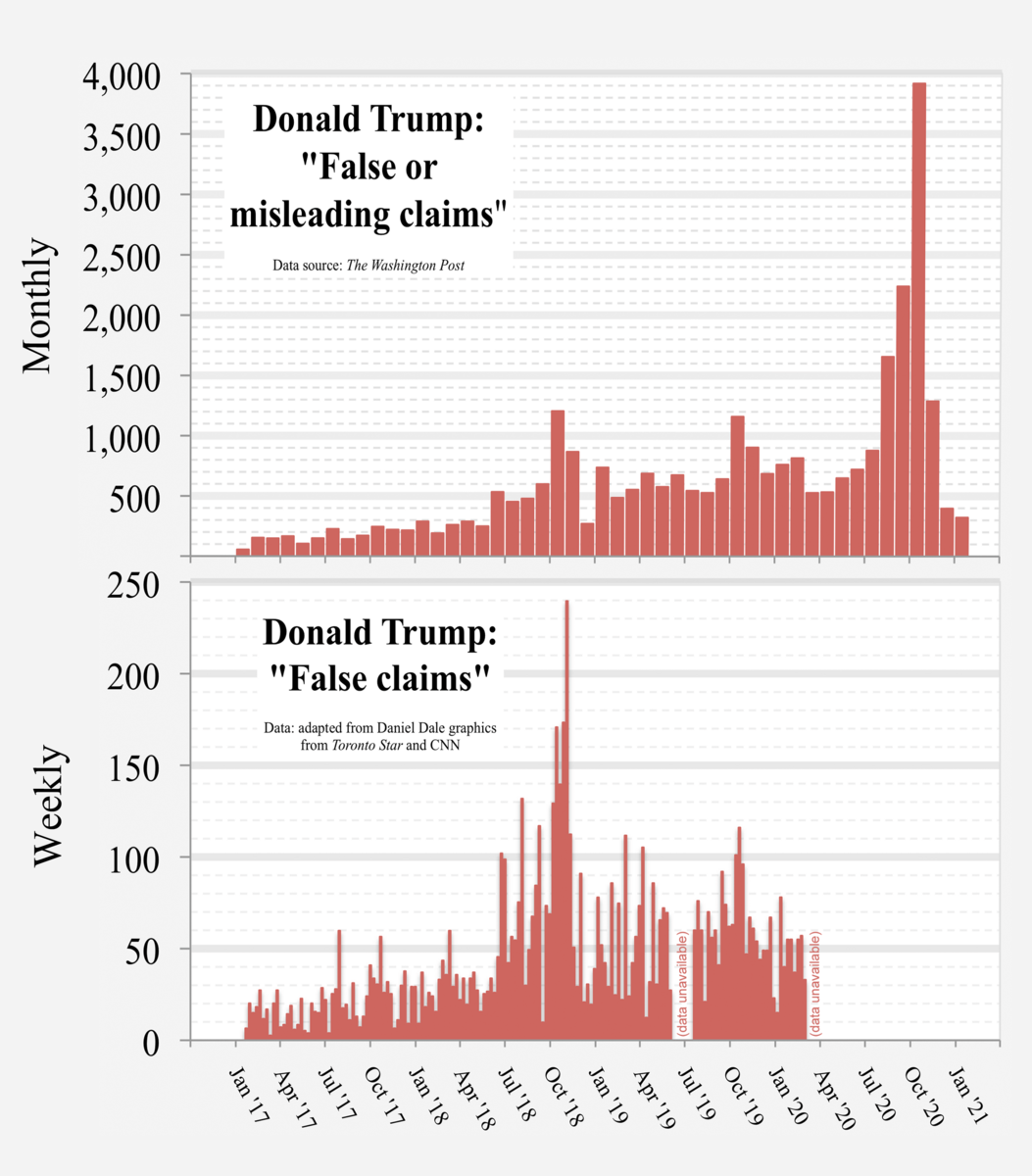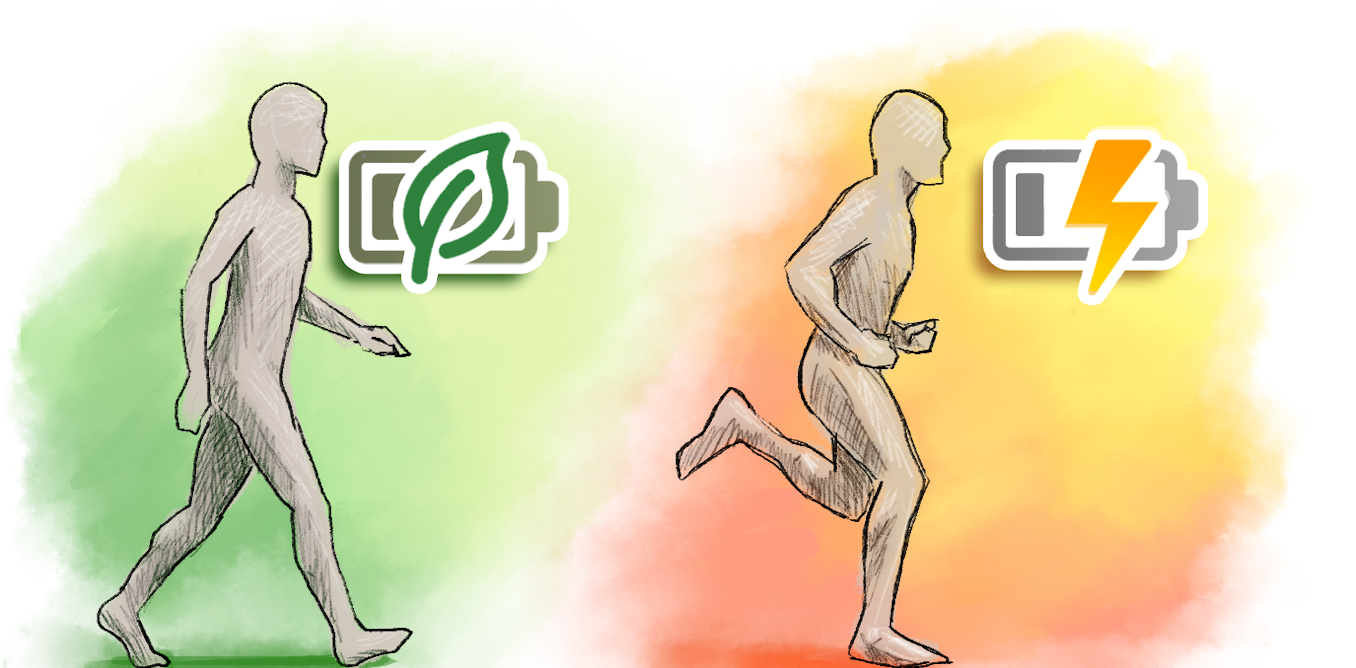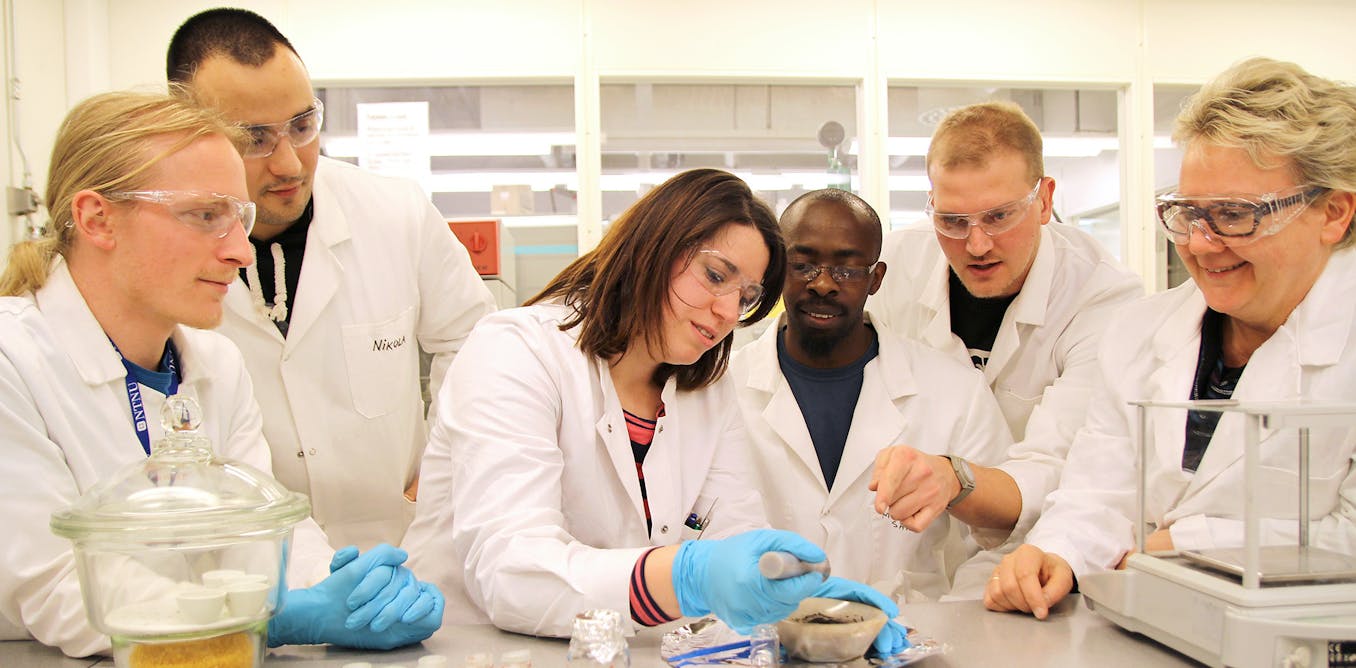

Oh, and I can think of a few more:
- learning calligraphy
- learning my times tables even better
- learning about psychological flexibility and becoming more psychologically flexible
- mindfulness meditation
- using pomodoro timers and actually taking breaks
- using Getting Things Done in a psychologically flexible way
- hosting friends much more often
- learning to cook tasty vegetarian or vegan meals























To understand your question, do you mean in general? Or to go into the details of how it looks to apply the ideas? In general, I’d say my advice is to read the book Crucial Conversations and the book The Fearless Organization and learn the ideas in there. How does it look? From afar, Crucial Conversations and psychological safety look like better conversations. I can’t say they’re perfect, but at least I avoid some pits I fell into before.